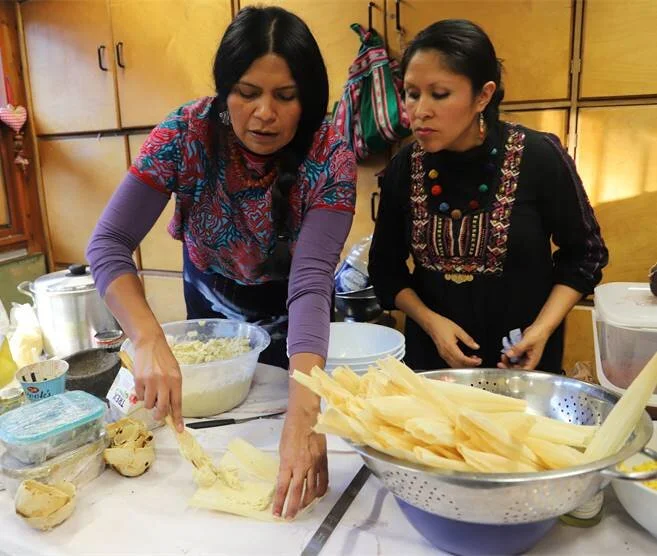Delfina Foundation
Date: Monday, 25 November 2019
Over the last six years, through its eponymous thematic programme, The Politics of Food, Delfina Foundation has been at the forefront of supporting, developing and providing a platform for creative practitioners and researchers interrogating the global politics and ethics of food production, distribution and consumption.
Out of this renowned programme comes Politics of Food, co-published by Delfina Foundation and Sternberg Press, an important document of current research and thinking around this subject with contributions by prominent artists, academics, activists and chefs.
Through interviews, essays and artist contributions, the book critically assesses and illuminates ways in which the arts can confront food-related issues, including the infrastructure of global and local food systems, alternatives and sustainability, climate and ecology, health and policy, science and biodiversity, and identity and community.
This book is neither a record of Delfina Foundation’s work in this area, nor a comprehensive survey of all issues or artists working with food. Instead the book presents some of the most pioneering ideas and projects around the subject, focusing specifically on four key areas which serve as sections into which the book’s content is structured: Food and Identity; Food Journeys; Food Futures; and Food and Hospitality.
Special thanks to Umur for the generous support towards the printing of this book.
DETAILS
Editors
Aaron Cezar (Founding Director, Delfina Foundation) and Dani Burrows (Director of Strategy, Delfina Foundation, 2013-2017)
Texts
Harry G. West, Raj Patel and Tim Lang
Conversations
Ferran Adrià and Marta Arzak; Tamara Ben-Ari and Asunción Molinos Gordo; Mark Hix and Patrick Holden; Michel Pimbert and Tomáš Uhnák; Michael Vazquez and Michael Rakowitz
Other contributions
Kathrin Böhm; Center for Genomic Gastronomy; Leone Contini; Cooking Sections; Chris Fite-Wassilak; Amy Franceschini and Michael Taussig; Fernando García-Dory; Melanie Jackson; Dagna Jakubowska; Nick Laessing; Jane Levi; Poppy Litchfield; Candice Lin; Christine Mackey; Taus Makhacheva; Elia Nurvista; Senam Okudzeto; Thomas Pausz; Daniel Salomon; Vivien Sansour; Standart Thinking; Serkan Taycan; Lantian Xie; Raed Yassin
Published by
Delfina Foundation and Sternberg Press
ISBN-13
978-3-95679-516-9




















































































